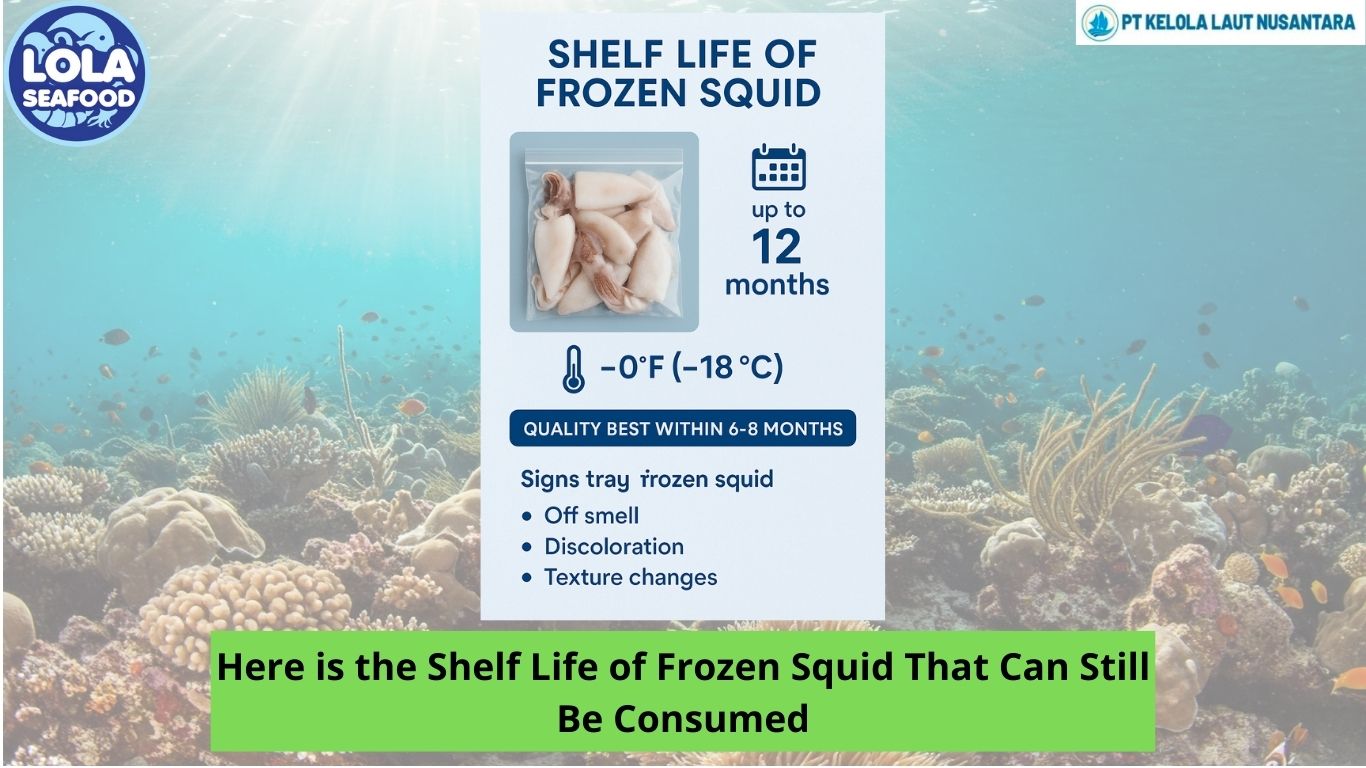Importance of Hand Washing Before Entering Frozen Fish Production Area
By. Najih - 26 Jun 2024
In the realm of food processing, particularly in the production of frozen fish, maintaining stringent hygiene standards is paramount to ensure product safety and consumer health. One crucial practice that significantly contributes to these standards is hand washing before entering the production area.
Effective hand washing serves as the first line of defense against the spread of contaminants and pathogens. It is particularly critical in frozen fish production, where the preservation of product quality and safety is heavily reliant on maintaining a sterile environment. Here are several key reasons why hand washing before entering the production area is indispensable:
1. Contamination Prevention: Hands are known to be carriers of various microorganisms, including bacteria and viruses. Without proper hand washing, these contaminants can easily transfer onto surfaces, equipment, and ultimately, the fish products themselves. This can lead to contamination that jeopardizes the quality and safety of the final product.
2. Compliance with Food Safety Standards: Adhering to rigorous food safety standards is obligatory in the food processing industry. Hand washing acts as a foundational practice in these standards, ensuring that all personnel minimize the risk of introducing harmful pathogens into the production environment.
3. Protecting Consumer Health: Consumers trust that the food products they purchase are safe for consumption. By implementing thorough hand washing protocols, producers uphold this trust by mitigating the risk of foodborne illnesses that can arise from poor hygiene practices.
4. Preserving Product Integrity: Frozen fish products are sensitive to environmental contaminants. Even trace amounts of bacteria introduced through unwashed hands can compromise the quality and shelf life of the product. Proper hand hygiene helps maintain the integrity of the fish, ensuring it meets quality standards from production to consumption.
5. Creating a Culture of Hygiene: Instituting a robust hand washing routine sets a precedent for a culture of hygiene within the production facility. It emphasizes the importance of cleanliness among staff, fostering a workplace environment where safety and quality are top priorities.
Implementation of Hand Washing Protocols:
To effectively integrate hand washing into daily operations, producers should establish clear protocols and provide adequate facilities. This includes:
- Placing hand washing stations at designated entry points to production areas.
- Providing access to soap, clean water, and single-use towels or air dryers.
- Implementing regular training sessions to educate staff on proper hand washing techniques and the rationale behind these practices.

.jpg)
.jpg)
.jpg)




